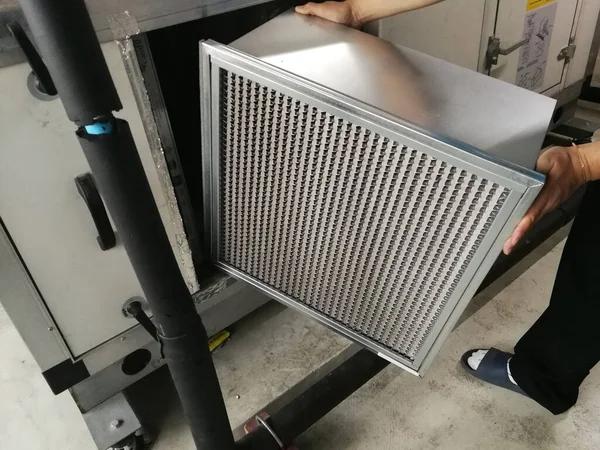Extending the life of your HVAC system requires a combination of timely repair, proper maintenance, and knowing when replacement is necessary. An HVAC unit that functions efficiently not only ensures comfort but also saves energy and reduces long-term costs. Regular inspections and prompt attention to minor issues can prevent major breakdowns. One key aspect of prolonging an HVAC system’s life is routine maintenance, which includes cleaning or replacing filters, checking refrigerant levels, and inspecting electrical components. Dirty filters restrict airflow and force the system to work harder, leading to premature wear. Ensuring clean filters maintains optimal airflow and improves indoor air quality while reducing strain on the equipment.
Another important factor is keeping coils clean. Both evaporator and condenser coils collect dirt over time, diminishing their ability to absorb heat effectively. When coils are dirty, the system operates inefficiently and may overheat or freeze up during operation. Scheduling professional coil cleaning annually can help maintain proper function and extend equipment longevity. Additionally, lubricating moving parts such as motors and fans reduces friction that causes mechanical wear.
Repairing small problems early prevents them from escalating into costly failures that could shorten your HVAC unit’s lifespan significantly. Strange noises, inconsistent temperatures, or higher energy bills see additional resources often indicate underlying issues requiring immediate attention by a qualified technician. Ignoring these signs may lead to compressor failure or other critical component damage necessitating expensive replacements.
When considering repairs versus replacement, it’s essential to evaluate the age of your system alongside repair costs. Most HVAC units last between 10 to 15 years depending on usage patterns and maintenance history. If repairs exceed half the cost of a new installation or if frequent breakdowns occur in an aging system, replacement might be more cost-effective in the long run.
Upgrading to newer models also provides benefits such as improved energy efficiency standards set by regulatory bodies like ENERGY STAR®. Modern systems consume less power while delivering better temperature control through advanced technology like variable-speed blowers or smart thermostats.
In summary, extending your HVAC’s lifespan involves consistent upkeep including filter changes and coil cleaning combined with timely repairs at early warning signs of malfunctioning parts. Assessing whether repairing older systems remains practical compared with investing in modern replacements helps optimize performance while managing expenses effectively over time. Taking proactive steps ensures reliable heating and cooling comfort for many years ahead without unexpected disruptions caused by neglected equipment deterioration or outdated technology limitations.

